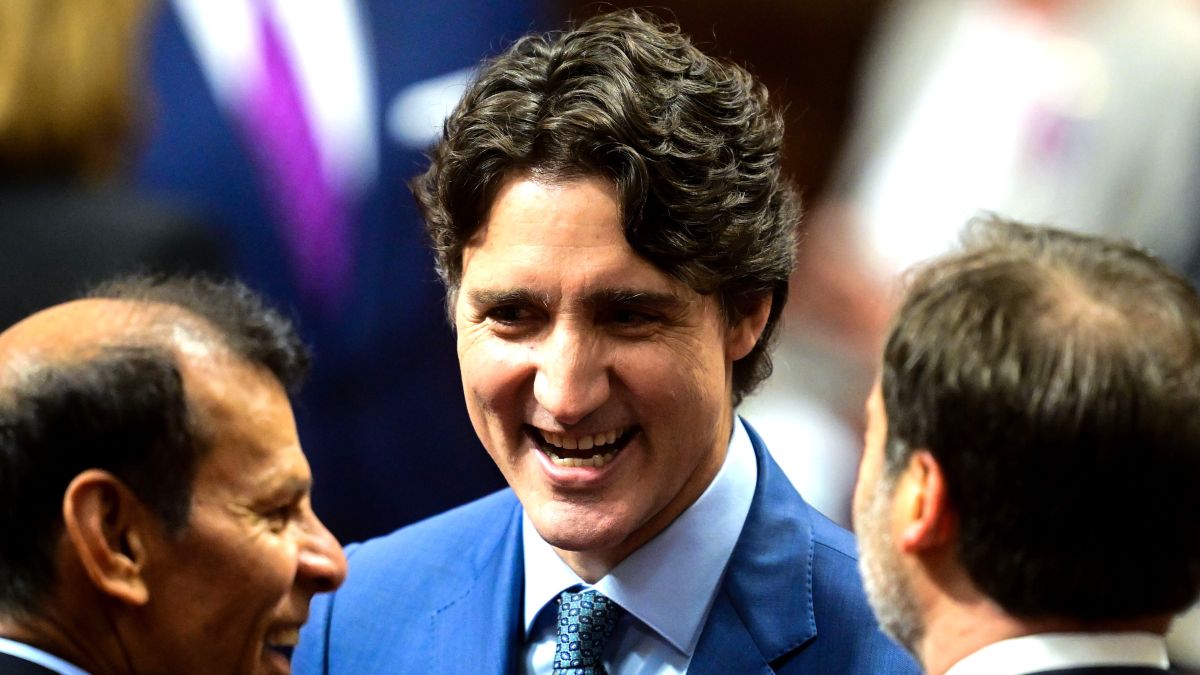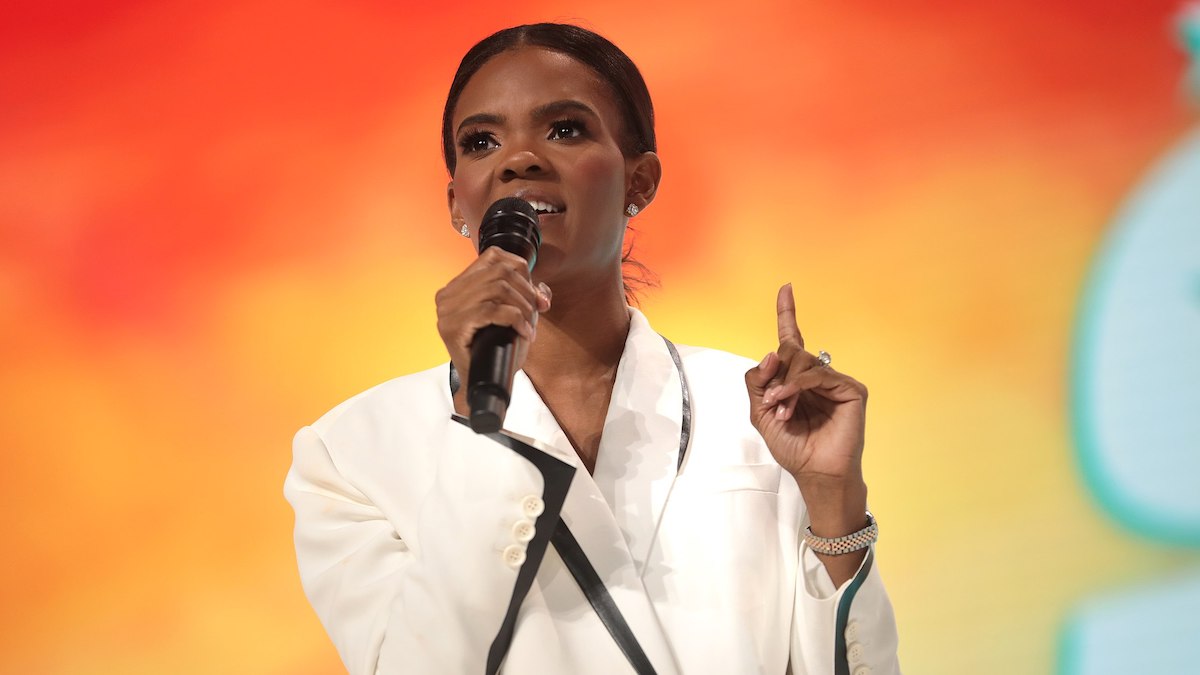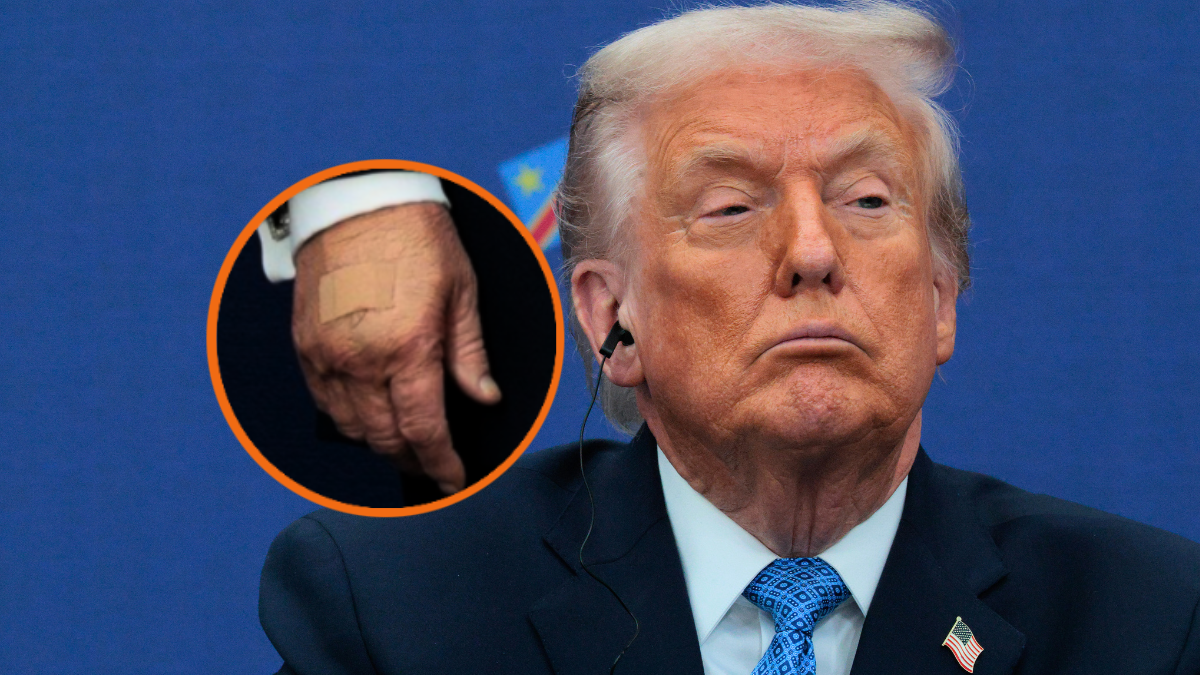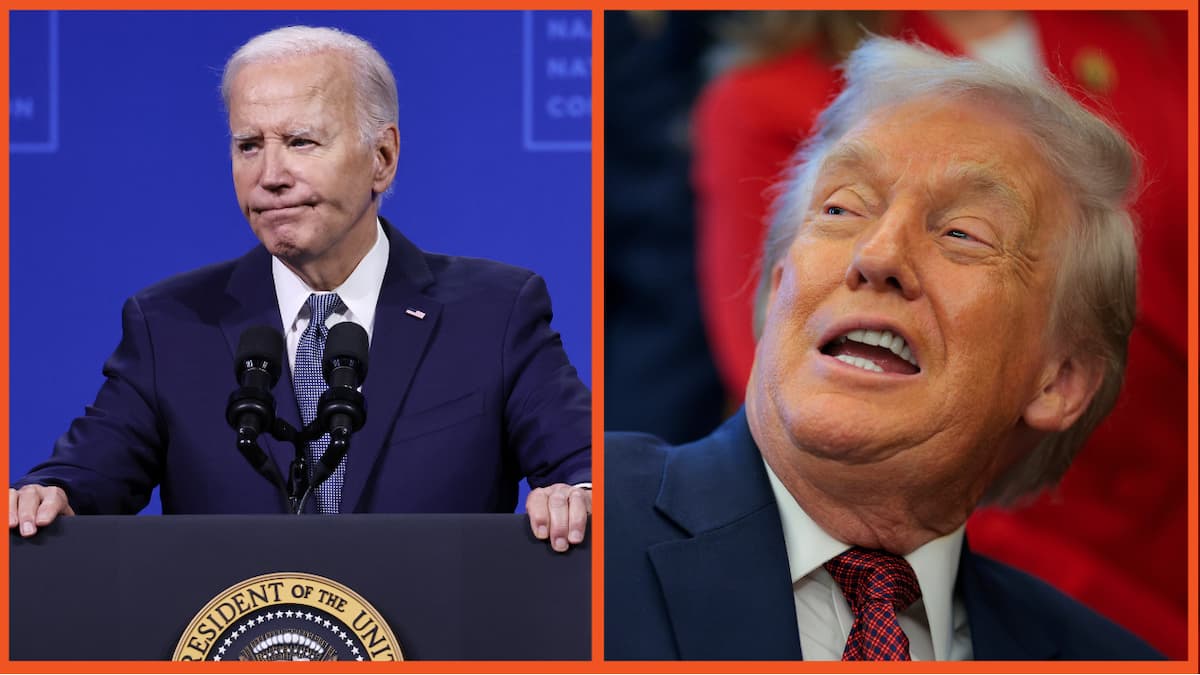
Four episodes were provided prior to broadcast.
Adaptations live and die on two things: the quality of the parts of the source material directly adapted to screen, and the cleverness of the changes made in the transition to a new medium. In a second season that’s as thrilling as anything else currently on TV, sci-fi or otherwise, The Expanse creators Mark Fergus and Hawk Ostby return with a surefooted, jaw-dropping set of sophomore season stories that are as high-quality as they are deceptively clever.
That’s the magic of The Expanse for diehard book fans (myself included): the show is loyal to the bones of Ty Franck and Daniel Abraham’s weird, wonderful, six-book-strong series of the same name, but it’s shuffling up the deck with the wit and aplomb absolutely tantamount to the creation of a great adaptation. As it stands – thanks to the four episodes sent for review, which were too quickly gone – The Expanse is one of the best book-to-screen adaptations I’ve ever seen.
Picking up after the events of last year’s finale, season 2 finds Holden (Steven Strait) and Miller (Thomas Jane) dealing with the pesky after-effects of radiation poisoning that they received while trekking through the protomolecule-infested station on Eros. The Rocinante and her crew – including engineer Naomi (Dominique Tipper), pilot Alex (Cas Anvar), and mechanic/group muscle Amos (Wes Chatham) – are now safe from the nightmare on Eros, but the war between Earth and Mars that sparked at the beginning of season 1 has only escalated.
For viewers, that’s a very good thing. A Mars-focused opening scene introduces Bobbie Draper (Frankie Adams), a gunnery sergeant in the Martian Marine Corps with no love for Earthers and a badass combat suit. She joins an ever-expanding cast of interesting, complex characters that would be hard to follow if The Expanse wasn’t so addictive to decipher – there’s UN Deputy Undersecretary Chrisjen Avasarala (Shohreh Aghdashloo), who’s still determined to find the root of this Earth/Mars schism; scheming megalomaniac Jules-Pierre Mao (François Chau); OPA rebel leader Fred Johnson (Chad Coleman); and, of course, the constant threat of the blue goo festering on Eros.
What matures in season 2 of the show is a surer emotional core at the center of its basic three-sided conflict, surfacing a few timely political themes that never feel forced or obvious. At the center of an argument taking place among UN leaders in the season’s opening two-episode premiere is a message as simple as it is relevant. Afraid of a gathering Martian army dropping bombs down the gravity well, one leader suggests to bring the fight to the Martians and show off the most powerful fleet in the system. A more level-headed leader points out that “pride isn’t power.” The logical folks in the UN – Avasarala leading them – are simply trying to gather the actual, tangible facts in a desperate attempt to prove to two bullheaded sides that their strings are being pulled by some as-yet-unseen master.

It’s a subplot built for the era of alternative facts, but it’s never hamfisted – Fergus and Ostby are simply telling a story that Franck and Abraham intelligently constructed years ago, and its relevance has only grown. Leviathan Wakes and Caliban’s War (the first two books in the series) have a terrifying, intriguing theme running through their otherwise summer blockbuster-style story: if we don’t work together, we will all die together.
The Expanse is perhaps most intriguing because it’s about a group of people desperately trying to prevent a war before it even starts. There’s something admirably entertaining about that, especially in a country and world that’s more divided than ever; as a result, The Expanse only feels more impactful. On a pure entertainment level, it’s also a thrilling sequence of events for Avasarala, as thrilling – if not, even more explosive – than anything taking place off-planet, and Aghdashloo remains brilliantly cast in the charming, prickly role.
On Earth, she’s pretty far separated from the turmoil rolling across the system, but the first four hours of season 2 wrangle the rest of the cast into close-quarters drama that sets up a clearer view of each character, and builds upon their dynamic. The Rocinante crew from the books is more visible than ever now, and early on it’s a grudge match between Miller and Amos that seeds some interesting connections for the season. Jane remains spot on as the wounded but gravely determined Detective Miller, who’s still hung up about Juli Mao’s death and the ramifications it could have on the entire system. His ongoing friendship with a young belter named Diogo (Andrew Rotilio) proves The Expanse‘s ability to fuse endearing human connections amid the science-fiction, evil-virus, warring-planets bombast.
Holden remains the captain of the Rocinante, but the former UN soldier is finding his crew’s position smack dab in the middle of a system-wide war as troublesome as ever. Although I like Strait in the role, and I support the adaptation’s overall serious tone, some of my favorite parts of Franck and Abraham’s writing from the books were its funnier, lighthearted passages that bordered on irreverent at times. That’s mostly gone from Syfy’s adaptation – and Strait’s version of Holden feels less endearing because of it – but it’s not to say that it’s out-and-out worse; it’s different, and at times it can be just as effective. All the same, although he and Tipper have appreciable chemistry, the television version of Jim and Naomi’s relationship feels fast-tracked and, unfortunately, less believable.
Small nitpicks like that still don’t put a dent into The Expanse‘s overall emotional impact or credibility. I could talk all day about how politically intelligent or cleverly adapted the show is, but at it’s core – and maybe I’ve buried the lede here – The Expanse is simply, ridiculously entertaining TV, burning up to an eleven in the holy shit department as we dispense with the world-building of the first season and begin to close out the events of Leviathan Wakes. In a broad sense the show lives up to its name, but season 2 proves it can be as intricate, and intimate, as it can be expansive, and in those lovely details of its well-drawn characters embattled with deliciously complex moral choices, The Expanse soars.










Published: Feb 2, 2017 05:23 pm